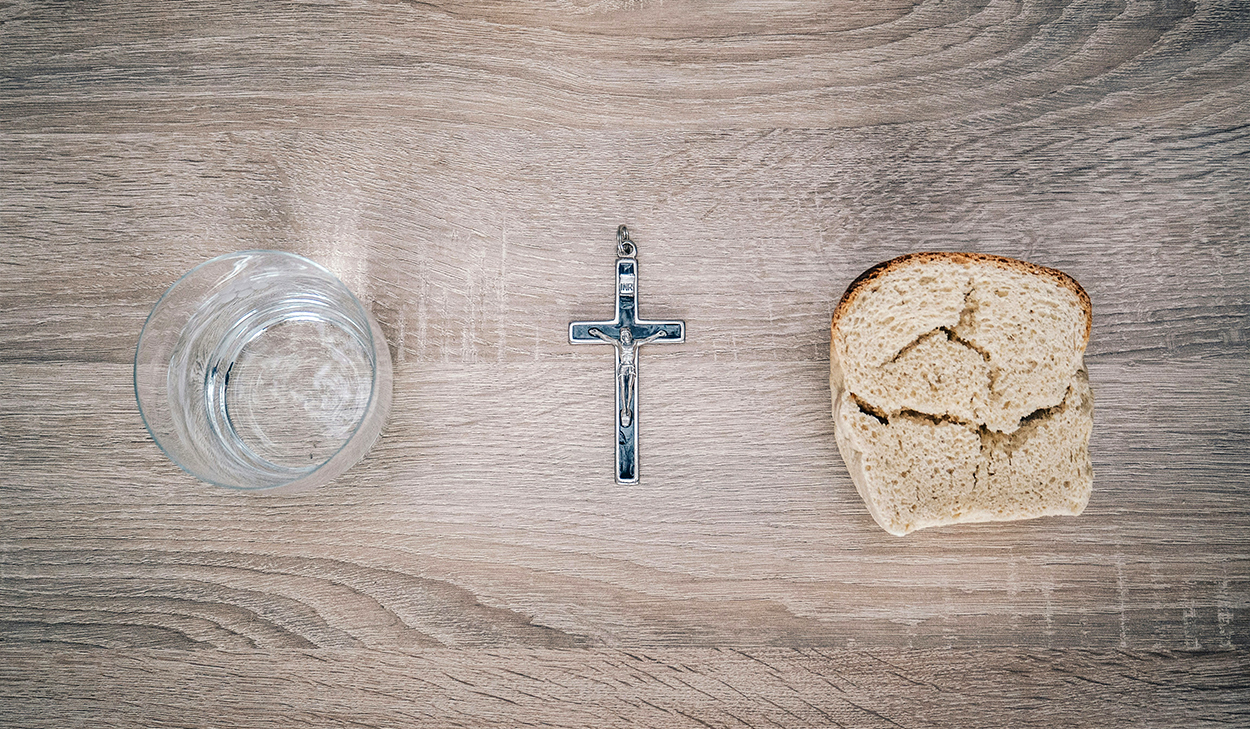A Divine Opportunity: Fasting and Praying With Muslims

This March, many Christians and Muslims will do two things they don’t often do concurrently: fasting and praying. That’s because the Muslim month of Ramadan and the Christian period of Lent overlap in 2024. Easter will also happen during the month of Ramadan.
Because Ramadan takes place about 10 days earlier each year and Easter only happens in March or April (not including Orthodox Easter), these two major religious observances rarely coincide. It’s hard not to see this as a divine opportunity to pray for the hearts of Muslims.
Not all Christians observe Lent, but followers of Jesus can fast and pray at any time. What if all believers fasted and prayed for Muslims during Ramadan this year?
Muslim Fasting
First, let’s understand why Muslims fast.
The monthlong observance of Ramadan is a time of self-restraint and self-reflection for Muslims. This is most clearly seen through fasting and prayer. Fasting during Ramadan is one of the Five Pillars of Islam and is, therefore, central to the Muslim faith. Fasting is supposed to help gain a sense of control over needs and desires and obtain a heightened sense of purpose. Muslims also believe Allah will reward those who fast.
According to the Quran, Muslims are required to fast during Ramadan. Those who have reached puberty and older will fast from sunrise to sunset each day. Many will start the day with a small meal called suhoor before sunrise. At sunset, Muslims will have a larger meal called iftar. During the fast, Muslims must abstain from food, drink, sexual intercourse, and impure thoughts. Anyone who intentionally indulges in any of these things has broken the fast and must make it up at a later date. A few people—including the elderly, the sick, and pregnant women—are exempt from fasting and may make it up at a different date.
Muslims will also pray through three 10-day periods known as Ashras during Ramadan. The thee Ashras are Mercy, Forgiveness, and Safety from Hell. With each Ashra, Muslims seek blessings from Allah by praying for him to be merciful, forgive sins, and save them from Hellfire.
Fasting for Movement
While Muslims believe fasting will help them receive forgiveness from Allah, Christians fast for other reasons. Fasting is not necessary to receive salvation because Jesus offered salvation without people doing anything to deserve it (Romans 5:8). Rather, Christian fasting serves different purposes, such as expressing love to God or seeking clarity from Him.
Fasting is also a way to intensify prayers and ask God to move.
When Nehemiah learned that Jerusalem’s wall had been destroyed, he fasted and prayed. He confessed Israel’s sins to God and asked the Lord to give him favor before asking King Artaxerxes if he could return to Jerusalem. God answered Nehemiah’s prayer.
“And because the gracious hand of my God was on me, the king granted my requests.” -Nehemiah 2:8b
This Ramadan is an incredible time to ask God to move in the hearts of Muslims and open their eyes to the truth of the gospel. While Muslims fast and pray to Allah, believers can fast and pray for their salvation. In addition, believers can pray for opportunities to share the gospel with Muslims during Ramadan.
Prayers for Muslims and those of other faiths don’t only have to begin and end with Ramadan, but it’s a great way to start. Think of what we could see God do if Christians committed to fasting and praying for 30 days.
Pray for Muslims This Ramadan
Download a free 30-day prayer guide to learn about Ramadan and how believers can pray for the Muslim world.
